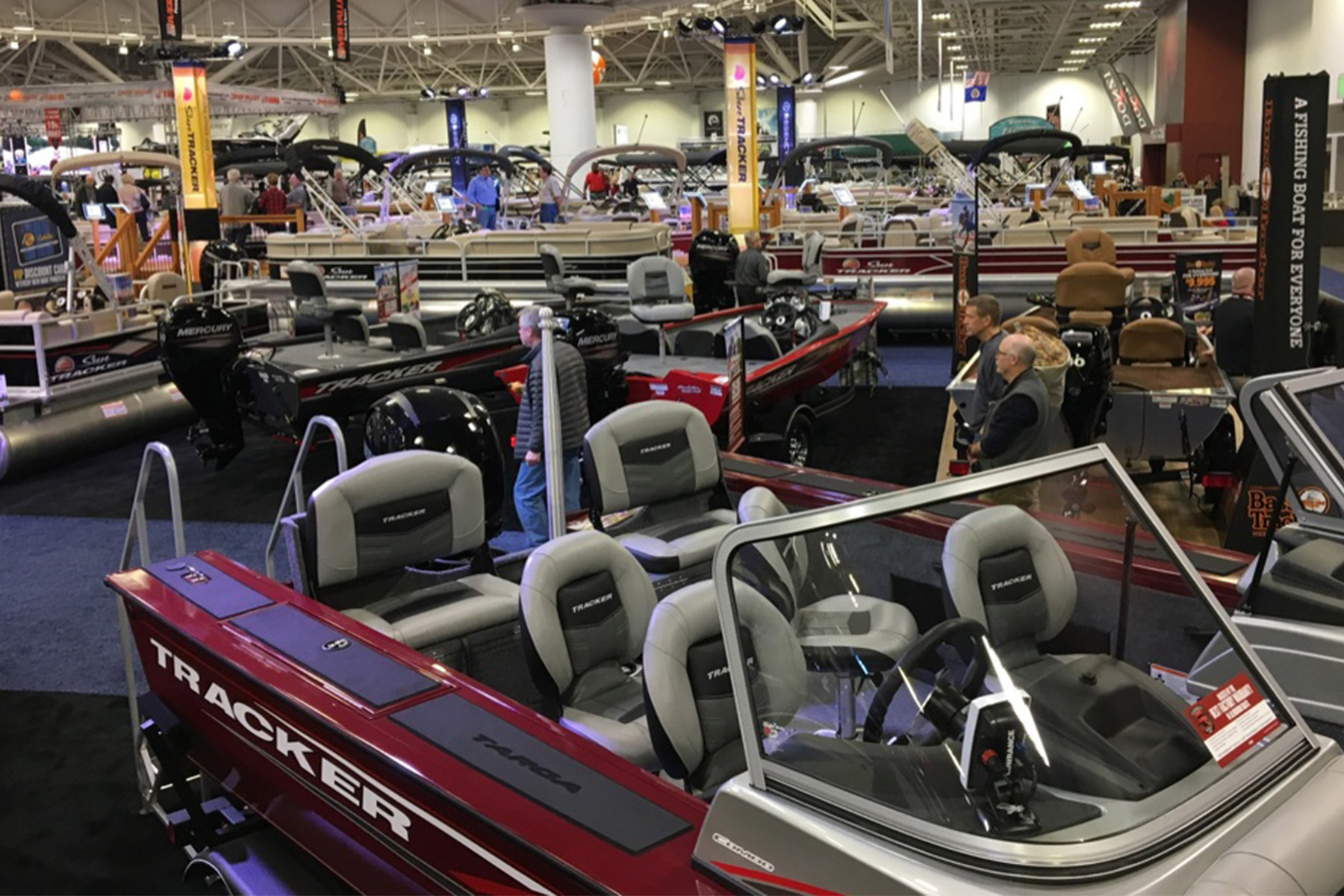Soaking in the rays and spending long summer days on the water. Those are the dreams of boaters during winter. But, why wait when you can take a cruise now? Sunny, mild winter days are rare but perfect for getting your boating fix before summer finally arrives.
There are a lot of good reasons why taking a winter cruise is a cure for the off-season boating blues. The peace and solitude of boating on a deserted lake provide a welcoming break from the hustle and bustle of daily life. You can even get a healthy dose of vitamin D from the bright sunshine. Fishing spots are less pressured and you will have the lake all to yourself. You can’t dip your toes in the water, but you can enjoy the fresh air on a winter afternoon.
Just remember that winter boating is much different than summer boating. Safety always comes first, especially during winter. Consider these tips to make your outing safe and enjoyable. Just leave the deck shoes at home in the closet.
The layered look is in for winter boating. Modern tech clothing fabrics are lightweight and provide more warmth than cotton. Start with a base layer of underwear that wicks sweat off your skin. Middle layers retain body heat to protect you from the cold. Trap the heat with polyester fleece, puffy insulated jacket or synthetic jacket. Top off your wardrobe with an outer layer to shield your body from the wind. Water-resistant and breathable shells are perfect for the job.
Unprotected heads lose heat. Choose functionality over style, whether you wear a wool or polyester beanie hat or ski mask. Insulated socks are a must for the feet. Wear those with lightweight, comfortable boots with gripping soles. Add a pair of insulated gloves and you are dressed for the trip.
Having the lake all to yourself is even more reason for safety gear to be aboard and in working condition. Don’t count on a passing boat to help if you break down. Tow lines, flares, an air horn and a fire extinguisher are givens. During summer, you anchor to keep the boat in place while the family takes a swim. In winter, the anchor can keep you in place if you get stranded. Blankets and changes of clothes are other items you should keep onboard.
Gas up before you go. With fewer boats on the water, some fuel docks may be closed or maintain shorter hours. Don’t assume you can fill up at your destination for the return trip home.
Not just on the water, but on the dock as well! Seldom used or untreated walkways are accidents waiting to happen. Exercise caution when walking on docks, especially around shady areas where ice can remain even during warmer days.
File a float plan with someone you trust that includes details about the trip, boat, passengers, towing or trailer vehicle, communication equipment and emergency contacts.
Even experienced swimmers can experience shock within one minute in the frigid water and may lose muscle control within 10 minutes. That makes it logical to add an extra layer to your boating wardrobe. Always wear a life jacket when boating during winter.
All it takes is a splash of chilly water in the face to sour an otherwise great day on the water. Back off the throttle and be extra conscientious of how you steer the boat. Quartering seas can create the potential for a wet ride. When the bow drops over a wave, it can splash in the trough. The wind can catch the spray and blow it aboard. That’s when savvy boaters suggest high siding the boat by tabbing down on the side opposite the wind. That keeps the hull higher on the windward side.
Water levels are lowered to winter pool on many manmade impoundments used for flood control. Bottom hazards are exposed or nearer the surface, so the same lake you speed across during summer is much different than winter. Designate a passenger as the lookout to keep watch for any hazards in the path of the boat.
This must-do task can get often overlooked. Nothing could be worse than checking off all of the above tips, getting to the boat ramp and cranking the engine only to discover the battery is dead. Batteries drain much quicker in cold weather. Keep them charged at all times with a trickle charger.
Periodically check all connections prone to leakage or that are used to drain water. Water that leaks in from below the waterline or from rain can freeze and expand, causing damage and creating unsafe slick surfaces. If you trailer the boat, remove the drain plug and allow all water to drain from the hull after your outing.
Fill the Thermos with your favorite hot beverage, bundle up and get your boating fix now, and most of all be safe!


